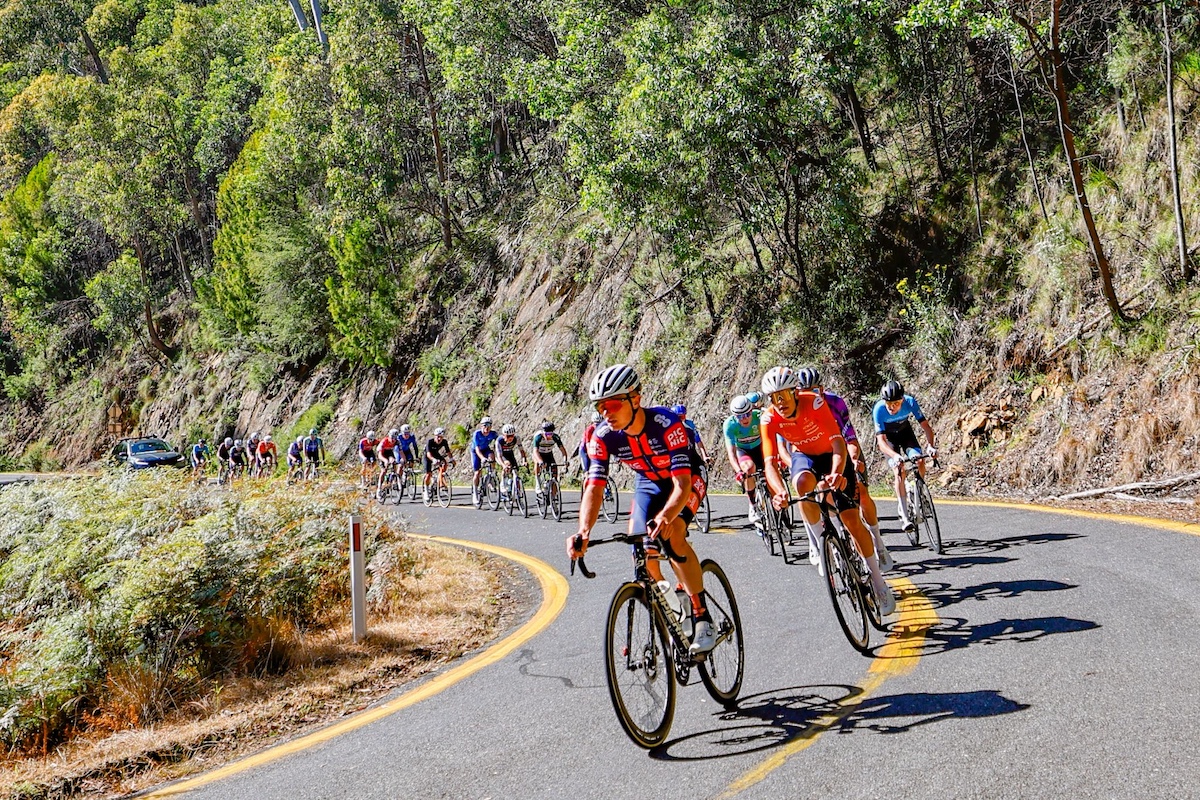UCI confirms Lance Armstrong's life ban
World governing body decides not to appeal to CAS
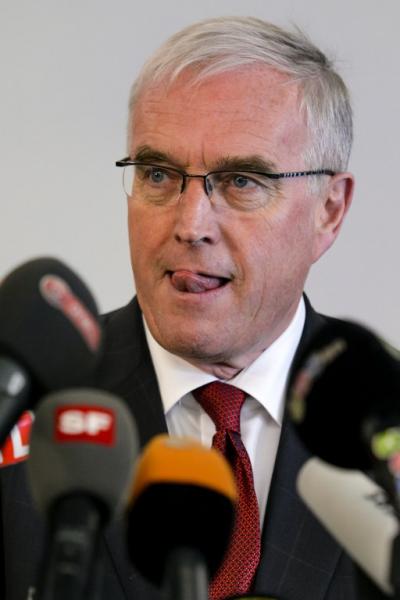
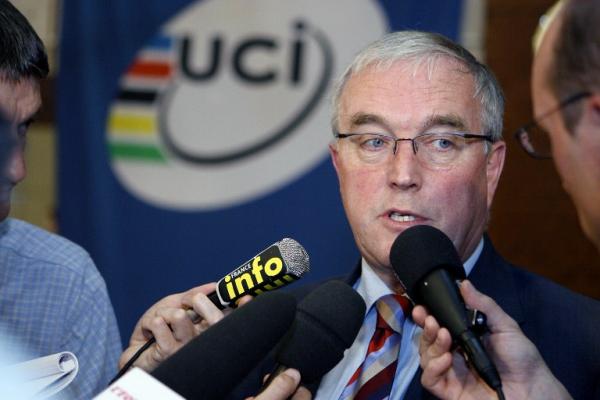
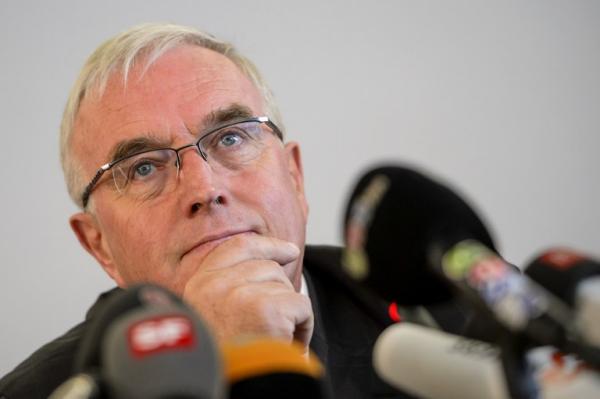
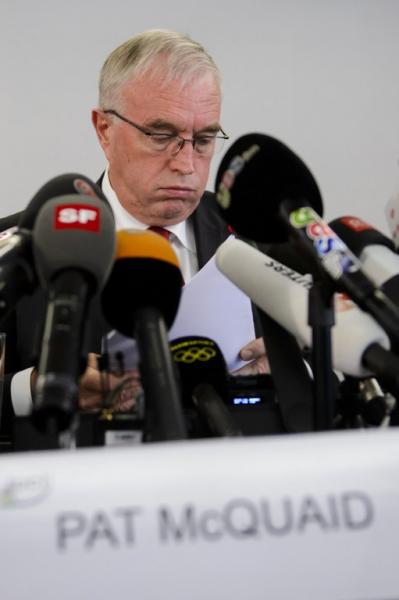
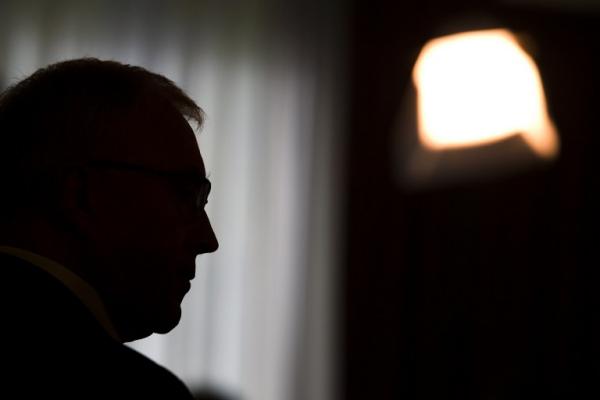
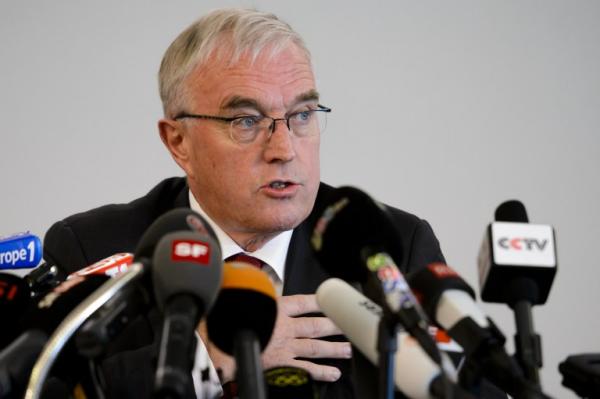
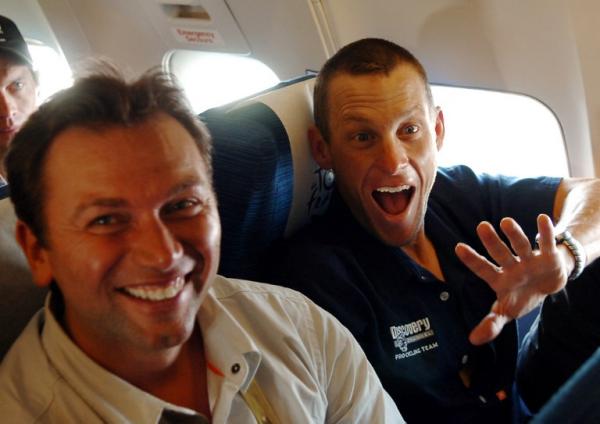
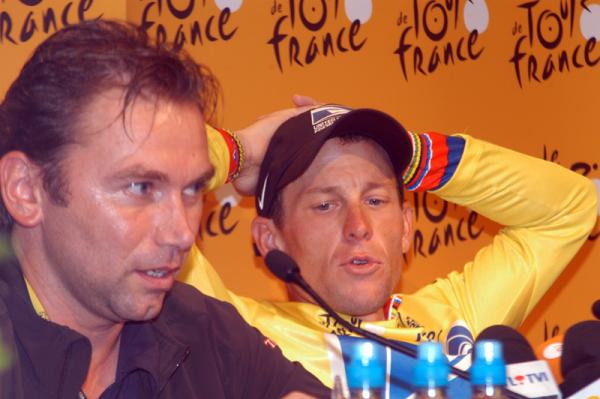
The UCI has accepted the United States Anti-Doping Agency's decision to strip Lance Armstrong of his seven Tour de France titles and to impose a lifetime ban upon him for repeated doping offences.
Former USADA opponent provided key information in Lance Armstrong case
Bruyneel vows to continue fight against USADA charges
USA Cycling strips Lance Armstrong's name from race series
McQuaid: "Lance Armstrong has no place in cycling"
Statement details UCI position on Armstrong ban
USADA say the UCI made the right decision in Armstrong case
Oakley severs relationship with Armstrong
McQuaid would accept rider donations in the future
Prudhomme: "This era must be remembered as an era without winners"
UCI president Pat McQuaid announced the governing body's position in a specially convened press conference near Geneva airport on Monday afternoon. "The UCI will not appeal to the Court of Arbitration for Sport and it will recognise the sanctions that USADA has proposed," McQuaid said. "The UCI will ban Lance Armstrong from cycling and the UCI will strip him of his seven titles. Lance Armstrong has no place in cycling."
USADA stripped Armstrong of all results from August 1, 1998 when he declined to contest charges of doping in late August. On October 10, USADA published its reasoned decision, a 1,000-page dossier which provides rigorous detail of Armstrong's doping and the systematic doping programme in place at his former US Postal Service team.
Armstrong's former teammates Levi Leipheimer, Christian Vande Velde, David Zabriskie, George Hincapie, Michael Barry and Tom Danielson received reduced six-month suspensions after they confessed to doping as part of their USADA testimony, and McQuaid said that the UCI would recognise the sanction.
"The UCI will also recognise the sanctions imposed upon the riders who testified against Lance Armstrong. The UCI indeed thanks them for telling their stories," McQuaid said.
McQuaid flatly ruled out the possibility of resigning and defended his own record in the fight against doping during his term as president of the UCI.
"Cycling has come a long way. I have no intention as resigning as president of the UC," said McQuaid, who repeatedly claimed that the UCI had greater detection tools at its disposal now than it did during the early part of Armstrong's career. "The information available to the UCI at the time was much more limited to what we have now. If we had the tools we have now then, there would have much, much less [doping] going on. I'm sorry we couldn't have caught every damn one of them at the time and thrown them out."
The latest race content, interviews, features, reviews and expert buying guides, direct to your inbox!
McQuaid also insisted that the UCI had "nothing to hide" in relation to the USADA report, and defended the UCI's decision to accept a donation of $25,000 in 2002 and $100,000 from Armstrong in 2005.
Armstrong's donation came around the same time that he had been called before the UCI to explain suspect samples returned during the 2001 Tour de Suisse and 2002 Dauphiné Liberé, but in the face of repeated questioning of Monday, McQuaid was adamant that it had not been a conflict of interests for the UCI to accept the "anti-doping" donation.
"It's certainly not a resignation issue," he said. "It would be better if we hadn't done it, and if we were to do it in the future, we would do it in a different way. There is no connection between the donation given to the UCI and a test being covered up because there was no test covered up.
"Don't try to make the connection between the suspicious test and the donation. There were no positive tests from him."
Hein Verbruggen was president of the UCI at the time, and remains a very vocal honorary president, but McQuaid defended his predecessor, who had questioned the degree of evidence against Armstrong.
"He never said there was no evidence against Lance Armstrong. He said that Lance Armstrong had never tested positive and that's correct," McQuaid said. "There is nothing in the USADA report which implicates Mr. Verbruggen in any wrongdoing.
"What annoys me is that the athletes are the ones who should show some responsibility. They're the ones who take the decision to stick a needle in their arms and for them to pass that responsibility onto the governing body is wrong."
2009 and 2010
Although the UCI accepted USADA's findings that Armstrong had doped in the period covering his seven Tour de France wins between 1999 and 2005, UCI lawyer Philippe Verbiest said that his blood values from 2009 and 2010 are not in themselves legally indicative of blood doping.
"In the decision of USADA, there are in fact no findings of anti-doping violations for that period," Verbiest said. "On the other hand, USADA states that there is corroborating evidence which means indications in their eyes that there was a practice of doping and they see that as confirmation of anti-doping violation period."
McQuaid confirmed that while Armstrong is to be stripped of his seven Tour de France titles, a special meeting of the UCI management committee next Friday will discuss whether or not his results should be redistributed. "That's for the UCI to decide, not ASO," McQuaid said of the Tour organisers, who have already intimated that they will leave the palmares blank between 1999 and 2005.
While Armstrong has been finally declared persona non grata by the UCI, McQuaid was reticent to pass comment on his former manager Johan Bruyneel and his trainer Dr. Michele Ferrari. The pair are both repeatedly and heavily implicated in USADA's outline of the doping culture fostered at US Postal.
"Johan Bruyneel's case is still ongoing, so I wouldn't comment on that until the case is concluded," McQuaid said.
McQuaid was also non-committal on the status of Saxo Bank manager Bjarne Riis, who, although not implicated directly in the USADA case, was accused by Tyler Hamilton of facilitating blood doping as a team manager in his recent autobiography, "The Secret Race".
"Bjarne Riis is doing a job in cycling. He has set up a team and admitted to doping and he wants to use his past as he has stated himself to create a better future for the sport," McQuaid said.
McQuaid denied that the UCI had ignored Floyd Landis' initial revelation of the doping programme at US Postal in an email sent in 2010. The governing body recently took out and won a defamation case against the Landis, but UCI lawyer Verbiest said that the governing body had only taken issue with his claim that the UCI had covered up a positive test.
"We received a copy of Landis' famous email," Verbiest said. "A letter was sent to Landis saying that what he said about a positive test was wrong but for the record, we want everything else you say to be investigated."
McQuaid, Verbruggen and the UCI have also opened a similar suit against journalist and former rider Paul Kimmage, and McQuaid defended their decision to pursue the matter through the courts. "This case has nothing to do with USADA or his book Rough Ride. It's a straightforward defamation case."

Barry Ryan was Head of Features at Cyclingnews. He has covered professional cycling since 2010, reporting from the Tour de France, Giro d’Italia and events from Argentina to Japan. His writing has appeared in The Independent, Procycling and Cycling Plus. He is the author of The Ascent: Sean Kelly, Stephen Roche and the Rise of Irish Cycling’s Golden Generation, published by Gill Books.
